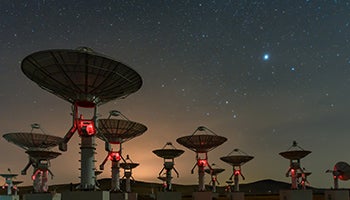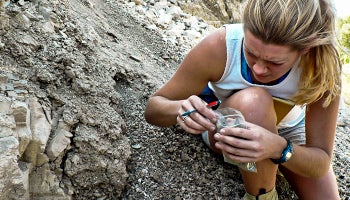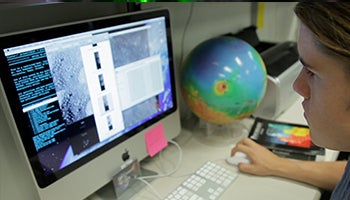
Prepare yourself to discover new planets, explore cosmology, and build spaceflight hardware and instruments for telescopes and satellites. You'll work with world-class faculty on NASA- and National Science Foundation-funded space missions, and seek answers to questions about how our universe began and how it continues to evolve.

Prepare for your professional or academic career through a program that combines the strengths of science and engineering. You'll work with faculty in the natural sciences and engineering to design instrumentation for exploration, including digital systems and circuits, computer-controlled systems, analog-to-digital converters and solid-state electronics.
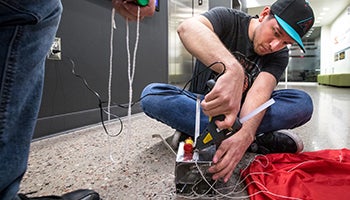
Prepare for a professional or academic career by combining the strengths of science and engineering. You'll work with faculty in the natural sciences and engineering to design instrumentation for exploration, including digital systems and circuits, computer-controlled systems, analog-to-digital converters and solid state electronics.

Combine your interests in exploration systems design and sensor networks with the strengths of science and engineering to prepare for a professional or academic career. Study computer networks, Earth systems engineering, multidimensional signal processing, and information and random signal theory with faculty who specialize in the natural sciences and instrumentation design.
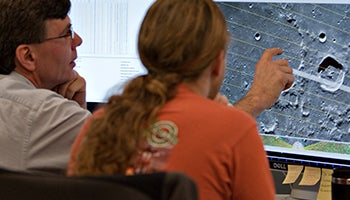
Combine your interests in exploration systems design and sensor networks with the strengths of science and engineering to prepare for a professional or academic career. Study computer networks, Earth systems engineering, multidimensional signal processing, and information and random signal theory with faculty who specialize in the natural sciences and instrumentation design.

Prepare for a professional or academic career through a program that combines the creative strengths of science and engineering. You can study artificial intelligence, human factors engineering, smart materials and structures, and robot modeling with faculty who specialize in the natural sciences, instrumentation design and systems engineering.
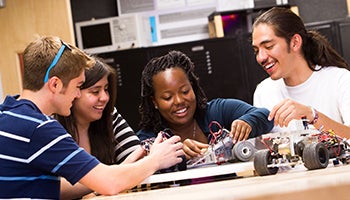
Prepare for a professional or academic career through a program that combines the creative strengths of science and engineering. You can study artificial intelligence, human factors engineering, smart materials and structures, and robot modeling with faculty who specialize in the natural sciences, instrumentation design and systems engineering.
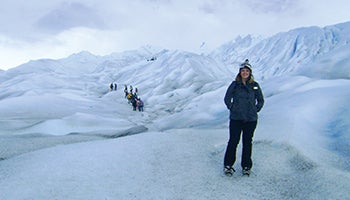
Explore the processes and dynamics that shape the interiors and surfaces of the Earth and other bodies in the solar system. This is your opportunity to work with world-class faculty on projects funded by NASA and the National Science Foundation in state-of-the-art laboratories and in the field on any of the seven continents.

Explore the processes and dynamics that shape the interiors and surfaces of the Earth and other bodies in the solar system. This is your opportunity to work with world-class faculty on projects funded by NASA and the National Science Foundation in state-of-the-art laboratories and in the field on any of the seven continents.
